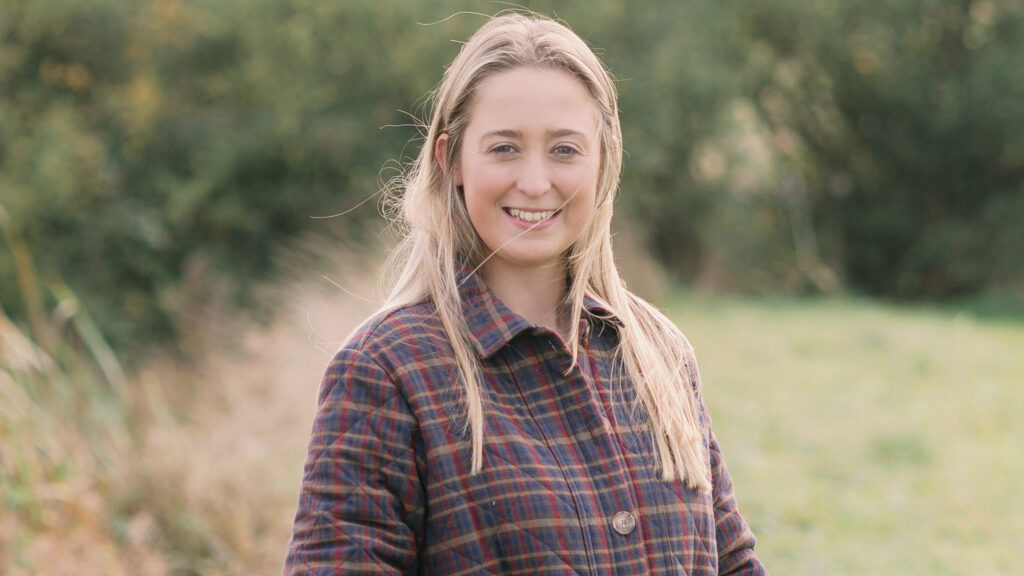Olivia Rohll: A lesson the countryside can learn from New York
 Olivia Rohll © Coco Jones Photography
Olivia Rohll © Coco Jones Photography In 2010, in New York, the founders of WeWork came up with an idea that would change the commercial lettings market. Instead of just renting out floorspace, WeWork planned to build a community of innovative businesses.
It would be well designed and well equipped, efficiently sharing the cost of capital-intensive items between members, allowing even the smallest to access high-quality infrastructure and economies of scale.
The concept persists to this day, benefiting desk-based businesses of all breeds around the world.
See also: Olivia Rohll – ag college prepares next gen for changing industry
By contrast, the provision for small land-based businesses is dire.
A Google search for “agricultural land to rent” often yields zero relevant results, let alone landlords offering a suite of support services.
There is huge opportunity for estates to do something exciting here – to become the WeWorks of the countryside.
Some have already spotted the potential, such as those offering support to businesses under the “Pitch Up!” banner.
Spearheaded by Kingsclere Estates in Hampshire, it invites start-ups to present their ideas and explain how they would contribute to the estate as a whole, with a focus on building a circular economy.
Depending on their needs, successful applicants gain access to land, farm buildings, machinery, financial and administrative support, and the estate’s network of contacts and advisers.
In return, the estate charges rent and/or takes a stake in tenant businesses, tapping into the returns generated by highly motivated entrepreneurs.
A variety of models are possible depending on the landowner’s vision.
Those that would prefer not to offer farmland could still host a whole range of “tenants”, from dog trainers to wellbeing practitioners, supporting them via collective advertising and access to farm office services such as accounting, answering phone calls, and so on.
A leisure-focused estate could invest in accommodation to bring in customers from further afield, while one interested in food production could consider vending machines, or perhaps a whole farm shop.
When done correctly, the economic benefit should be threefold: to the estate, to small businesses, and to the rural economy more broadly.
As a wannabe new entrant myself, I can tell you I’d be first in line.


